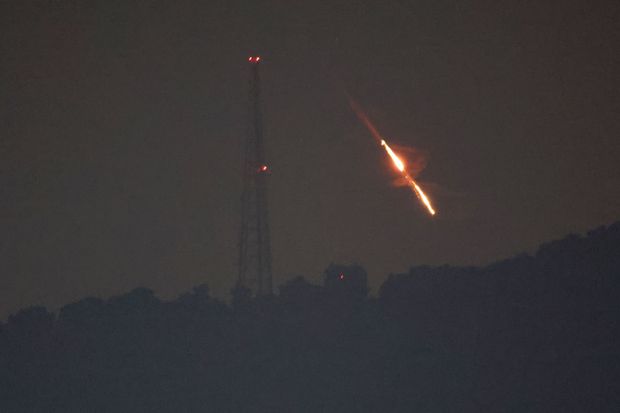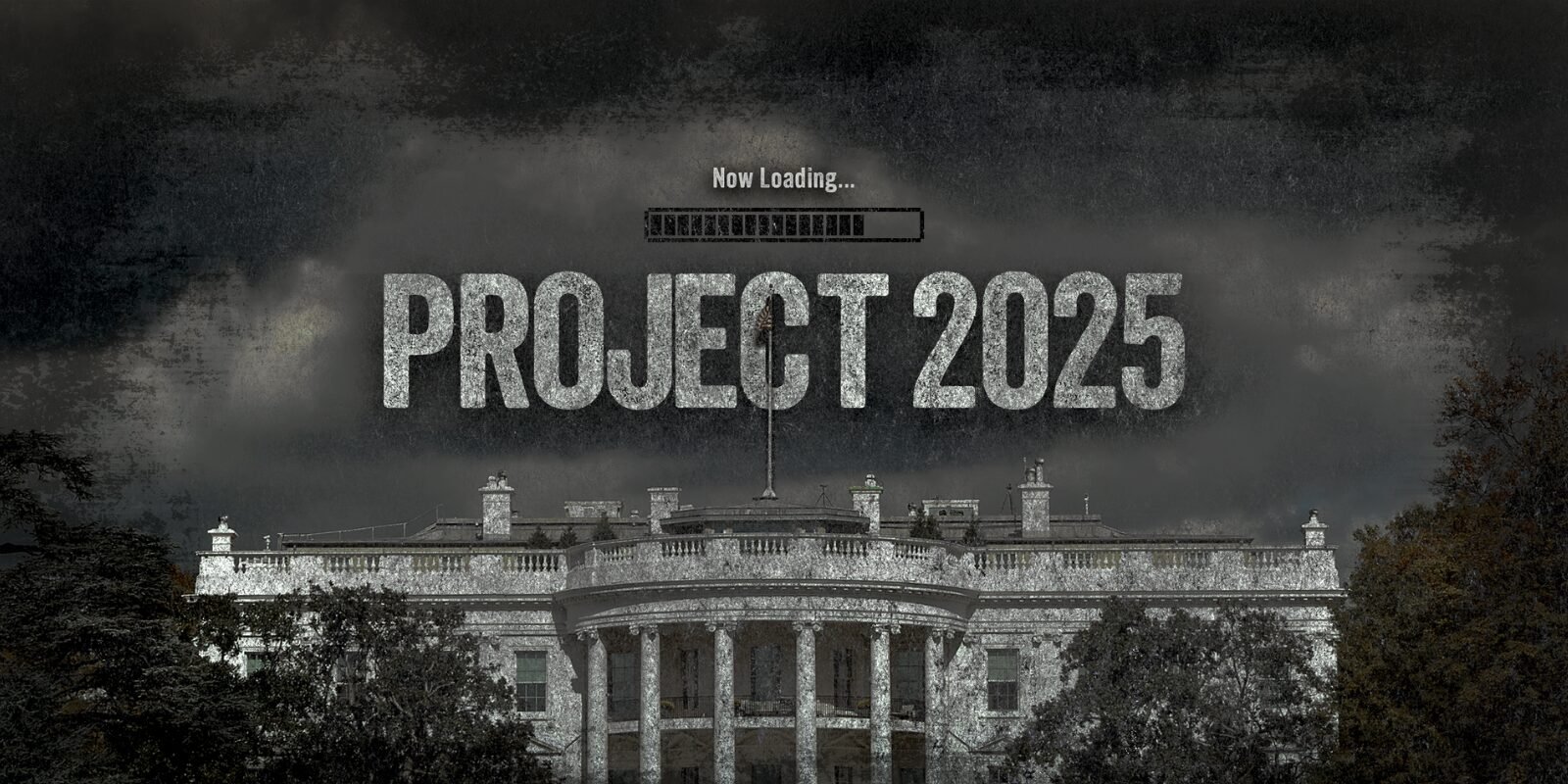
Escalating Tensions: Iran Warns of Larger Response as Middle East Conflict Intensifies
In a dramatic escalation of tensions in the Middle East, Iran issued a stark warning to Israel and the United States on Sunday, threatening a “much larger response” if there is any retaliation to its recent drone and missile strike on Israeli territory. The warning comes amidst heightened fears that the conflict could spiral into open warfare, potentially drawing in the United States and destabilizing the entire region.
The Trigger and the Threat
The conflict ignited over a suspected Israeli airstrike on April 1st that targeted Iran’s consulate in Syria, reportedly killing several top commanders of the Revolutionary Guards. Iran’s retaliatory attack, primarily executed from within its borders, involved hundreds of drones and missiles but resulted in only modest damage due to effective missile defense systems employed by Israel with assistance from the U.S., Britain, and Jordan.
Despite the minimal damage, the psychological impact on the Israeli populace was significant, with communities living in fear as air raid sirens echoed through the night. The most notable physical damage reported was at a southern Israeli Air Force base, which, although struck, remained operational. A seven-year-old child was also seriously injured by shrapnel, highlighting the human cost of the conflict.
International Reactions and Domestic Statements
The international community has urged restraint, with powers like Russia, China, France, Germany, and regional players like Egypt, Qatar, and the UAE calling for de-escalation. During a visit to China, German Chancellor Olaf Scholz emphasized the global concern, stating, “We will do everything to stop a further escalation. We can only warn everyone, especially Iran, against continuing this way.”
On the domestic front, Israeli Prime Minister Benjamin Netanyahu took to social media to bolster national morale, stating, “We intercepted, we repelled, together we shall win.” This was ahead of a war cabinet meeting planned to discuss Israel’s response to the attack.
A Delicate Balance of Power
The situation reflects the complex geopolitical chess game in the region. Iran’s attack was a retaliation and a demonstration of its capabilities and reach. However, analysts like Sima Shine from the Institute for National Security Studies in Tel Aviv suggest that Iran carefully calibrated its attack to avoid major Israeli casualties, likely to prevent a severe escalation that could lead to a full-blown conflict.
The Regional and Global Stakes
The ongoing warfare in Gaza, sparked by an attack from Iran-backed Hamas on October 7th, has since widened, affecting various fronts involving Iran-aligned groups across Lebanon, Syria, Yemen, and Iraq. This broader involvement underlines the potential for a significant regional conflict that could impact global security, mainly through disruptions in crucial shipping routes like the Strait of Hormuz.
Looking Ahead
As the region stands on the brink, the actions taken in the coming days will be crucial in determining the trajectory of this conflict. The international community remains on high alert, watching closely as old rivalries and new power dynamics play out on this volatile stage. Meanwhile, the ordinary citizens of the countries involved continue to live under the shadow of a conflict that shows no signs of abating, highlighting the human toll of geopolitical strife.





